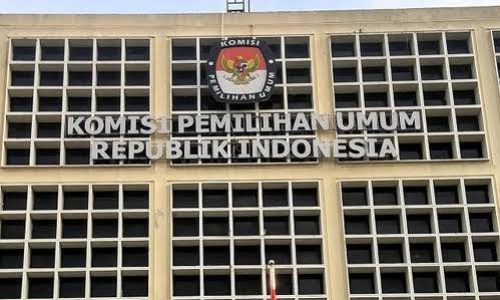The government’s decision to raise the value added tax (VAT) in 2025 will not be altered, with Minister of Finance Sri Mulyani Indrawati confirming that the VAT rate will rise from 11 percent to 12 percent starting from January 1, 2025.
“We have discussed it [the VAT rate increase] here [with Commission XI of the House of Representatives. There is already a law on it,” Sri Mulyani told a hearing with the House’s Commission XI on Wednesday, November 13, 2024, while referring to Law No. 7/2021 on Harmonization of Tax Regulations.
She cited that the government has prepared all provisions to ensure that the implementation of this VAT rate increase will go according to the plan.
The finance minister also stated that the government will socialize the VAT hike policy so that the public understands the background and the urgency of the policy.
“I agree that we need to provide a lot of explanations to the public. This means that even though we make policies on taxes including VAT, we have put sectors such as health, education, and even staple foods into consideration. The debate was long here,” she said.
According to Sri Mulyani, this VAT rate increase is an important step to maintain the health of the State Budget (APBN).
She emphasized that the government continues to pay special attention to essential sectors and that tax policies will be designed by considering the impact on these sectors to maintain people’s purchasing power.
Furthermore, she cited that the APBN must remain flexible and responsive in dealing with unexpected conditions, such as the Covid-19 pandemic or the global financial crisis. By maintaining the stability of the APBN, the government is trying to ensure the resilience of the Indonesian economy against global and local shocks.
Drajad Wibowo, an economist, who was also a member of the Prabowo Subianto-Gibran Rakabuming Raka National Election Team’s Council of Experts, has warned against the potential backfire should the government continue with its plan to increase the VAT by 12 percent next year.
He said the planned increase will have the potential to reduce tax revenue instead of increasing it, because the increase in VAT can trigger a decrease in people’s purchasing power and affect the number of taxpayers.
“As an economist, I am personally worried that the increase in VAT to 12 percent will have a negative impact on our tax revenue,” Drajad told Indonesia Business Post, on October 9, 2024.
He, however, emphasized that his view is a personal opinion and does not represent those of the future government.
According to Drajad, the strategy to increase tax revenue is not as simple as raising rates. In fact, he sees that increasing tax rates risks making people pay taxes less often. “Like goods that are sold at a higher price, fewer people will buy them. In the end, our tax revenue could plummet,” he said.









